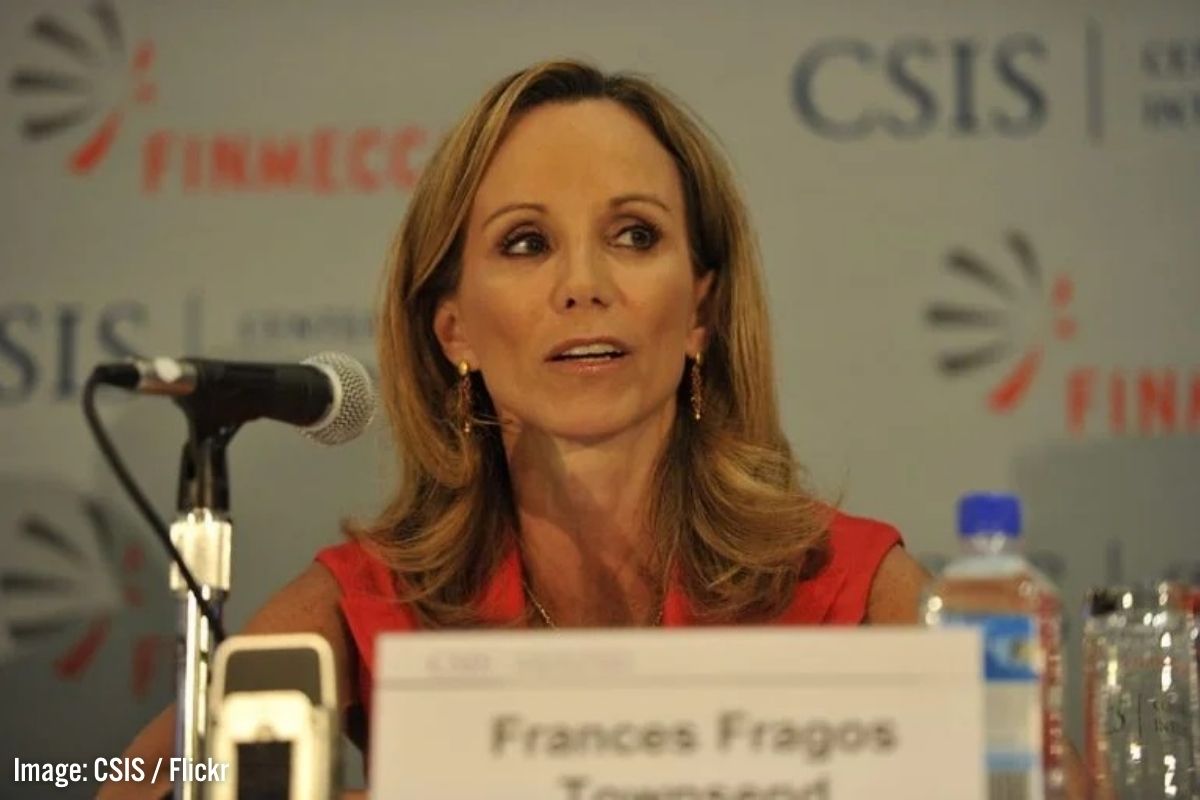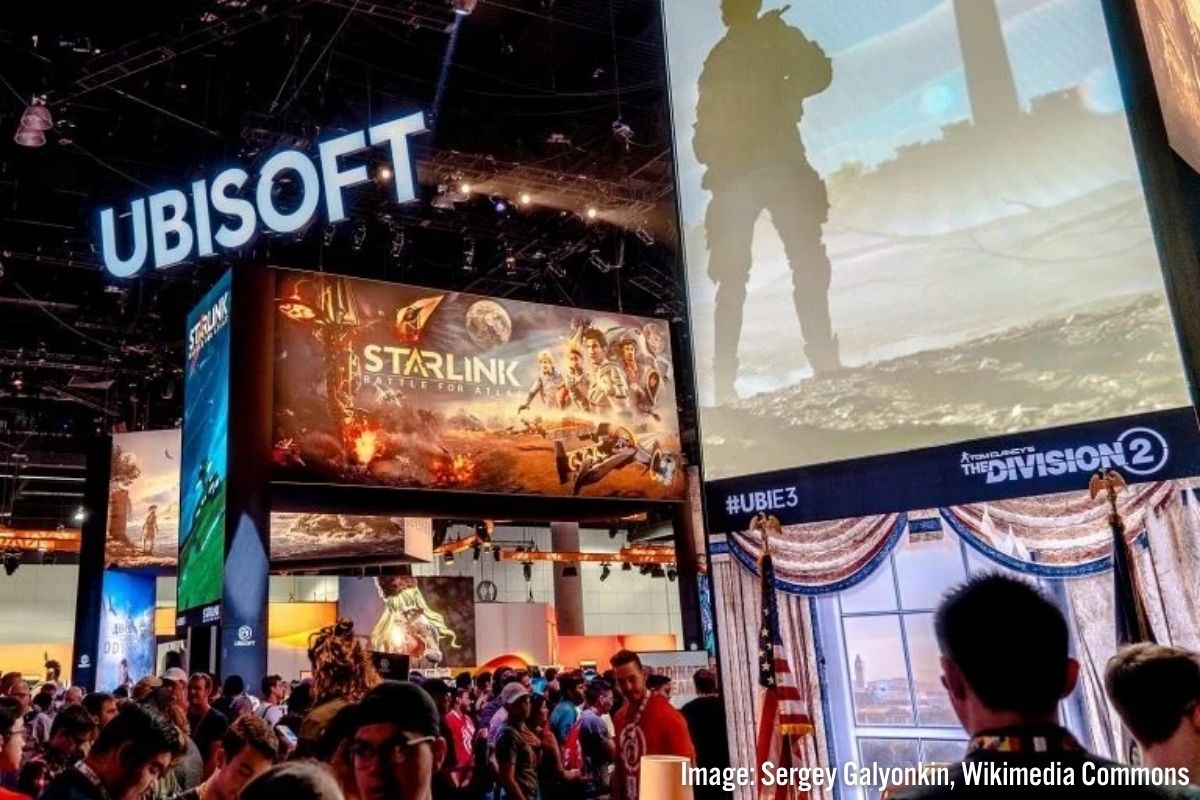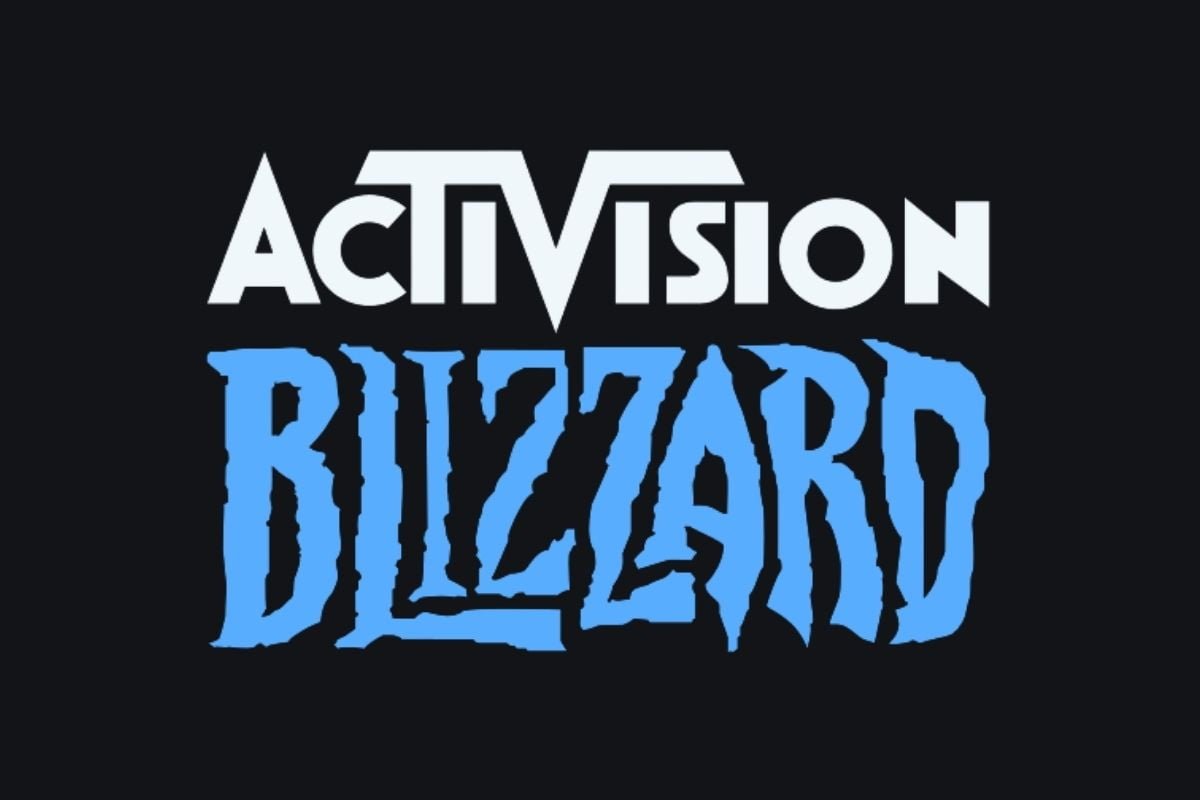Workers at major game developer Activision Blizzard have begun to organise and take action against harassment and discrimination. To kick sexism out of the tech industry, we must kick out the bosses and fight to put workers in control.
For years, a toxic culture of rampant sexism has permeated Activision Blizzard, the video game development company behind titles including World of Warcraft and Call of Duty.
This was blown open publicly on 20 July, when California’s Department of Fair Employment and Housing (DFEH) filed a lawsuit against the company, alleging widespread sexism in the workplace, calling the company “a breeding ground for harassment and discrimination”.
The suit also alleges that women were paid less than men for the same roles, often forced into lower-rank positions, and were promoted less frequently than their male peers.
The DFEH states that Activision Blizzard managers promoted a sexist work culture, and enabled their male employees to “engage in banter about their sexual encounters, talk openly about female bodies, and make numerous jokes about rape”.
Women were openly harassed at work and subjected to groping, sexist comments, and unwelcome advances. Furthermore, black women and other women of colour were disproportionately discriminated against, being subjugated to intense scrutinisation and micromanagement.
Boiling point

Both HR and executives at the company knew about ongoing harassment reported by female employees. The company, in turn, actively ignored or punished women who spoke out. The ‘frat boy’ environment was so rampant that, in 2013, a top executive’s BlizzCon hotel room was dubbed the ‘Cosby Suite’.
The company responded to the lawsuit with a public statement claiming to value diversity and inclusivity in the workplace. The statement dismissed everything alleged in the DFEH lawsuit as ‘old’ or ‘inaccurate’.
Frances Townsend, the Executive Vice President for Corporate Affairs at Activision Blizzard, and former Homeland Security Advisor in the Bush administration, circulated an angry memo to employees calling the suit ‘meritless’.
The COO, Joshua Taub, called a meeting of 500 staff, urging workers to keep quiet about the investigation. When one staff member asked whether unionising could help address the issue of sexual harassment, the executive responded: “The best way for protection is reaching out to your supervisors, hotline, and avenues.”
Within days, the workers’ anger reached a boiling point, and they began to collectively take matters into their own hands. More than 3,100 employees signed an open letter rejecting the “abhorrent and insulting” statement by the company executives, stating:
“To put it clearly and unequivocally, our values as employees are not accurately reflected in the words and actions of our leadership…Our company executives have claimed that actions will be taken to protect us, but in the face of legal action – and the troubling official responses that followed – we no longer trust that our leaders will place employee safety above their own interests.”
The letter called for the resignation of Frances Townsend, and concluded:
“We will not be silenced, we will not stand aside, and we will not give up until the company we love is a workplace we can all feel proud to be a part of again. We will be the change.”
Workers’ control

On 28 July, the workers at Activision Blizzard passed from words to actions by staging a walkout – a significant step considering that the workers are not unionised.
Even more telling was the class nature of the demands they put forward, including worker participation and oversight of hiring and promotion policies – an advanced demand that puts the workers at the center of the fight against inequality.
The workers also demanded an end to mandatory arbitration clauses in all employee contracts, which organisers say “protect abusers and limit the ability of victims to seek restitution”.
They also called on the company to open the books about compensation data, promotion rates, and salary ranges, as a step toward greater transparency and as a way to fight for equality for employees of all genders and ethnicities. The workers also demanded the right to select a third party to audit the company’s structures, human resources, and executive departments.
Following the leadership of the Activision Blizzard employees, workers at Ubisoft, another game development company, penned their own open letter standing in solidarity with Activision Blizzard workers and demanding similar accountability at Ubisoft.
In response to the walkout and the workers’ militant demands, Activision Blizzard hired the notorious anti-union law firm WilmerHale – the same ‘union awareness and avoidance’ law firm hired by Amazon in their effort to sow doubts and misinformation about the organising drive at their Bessemer Alabama plant.
According to coverage by Promethean News, WilmerHale’s army of lawyers are “the Pinkertons of our time; they swapped out their rifles and shotguns for court affidavits to threaten workers into silence”. WilmerHale is contracted to do a ‘policy review’ for the company.
Exploitation and organisation

The DFEH lawsuit opened the floodgates at Activision Blizzard, exposing the disgusting state of the company’s culture. However, this game developer is not a one off. Abuse and exploitation is rampant in Silicon Valley and related companies. While the focus is currently on Activision Blizzard, the rest of the tech industry remains unchanged.
Furthermore, California’s DFEH is only requesting as-yet undefined monetary damages and back wages. This amounts to a slap on the wrist for a company that recorded revenues of over $8 billion last year. With no fundamental changes in the structure and management of the company, the core internal culture of abuse will almost certainly remain the same.
Tech workers cannot rely on the state to protect them from the bosses. Only by getting organised and mobilising behind their collective class demands can real change come about.
The worker-organised walkout was an important first step; and the workers are starting to understand the power in their hands. The walkouts and open letters have already scared the capitalists into hiring an anti-union law firm. United class struggle and organisation are the fundamental keys to combating sexist oppression and inequality in the workplace.
Earlier this year, workers at Google began a unionisation campaign, backed by the Communication Workers of America. But the Google union is a ‘minority union’, meaning that they have not been officially recognised and have no bargaining power.
Organised labour needs to take a much more aggressive approach. They have the opportunity to unionise employees at some of the most profitable companies in the world – big businesses that control huge swaths of the media and internet.
The trade unions should be actively unionising employees not only at Activision Blizzard, but the tech industry as a whole.
Fight sexism! Fight capitalism!
The action taken by Activision Blizzard’s workers has now forced the company’s president, J. Allen Brack, to step down. This is an important victory, which will give workers confidence to fight for further change. But for now, it is merely a cosmetic change at the top.
In the final analysis, the toxic culture at Activision Blizzard and in the wider tech industry cannot be fully ended within the limits of capitalism. As long as tech companies remain in private hands, the sexism that permeates all of capitalism will permeate these companies as well. In order to really root out this culture, we must uproot capitalism itself.
In practice, this means nationalising the major tech companies, to be run as public utilities in the interests of the majority, under the collective control of the workers.
Only through the democratic administration of this and every other major industry – including control over hiring and firing, and the election and right of recall of management – can workers effectively advance the fight to eliminate sexism.
This must be linked to the fight against the whole rotten, oppressive, exploitative capitalist system; and to the fight for a socialist society, based on common ownership, democratic economic planning, and workers’ control.
With their relatively high wages and working conditions, tech workers are often perceived and portrayed as ‘too privileged’ to see themselves as aligned with the rest of the working class. Nevertheless, they must still sell their labour power to the bosses for a wage if they are to survive; they therefore have the same class interests as other workers.
It is the exploitation and oppression of capitalism that will eventually compel workers in all industries to take their collective destinies into their hands.
Tech workers hold an enormous amount of power in their hands. And they are quickly leap-frogging to the front ranks of the class struggle. Watch this space!






